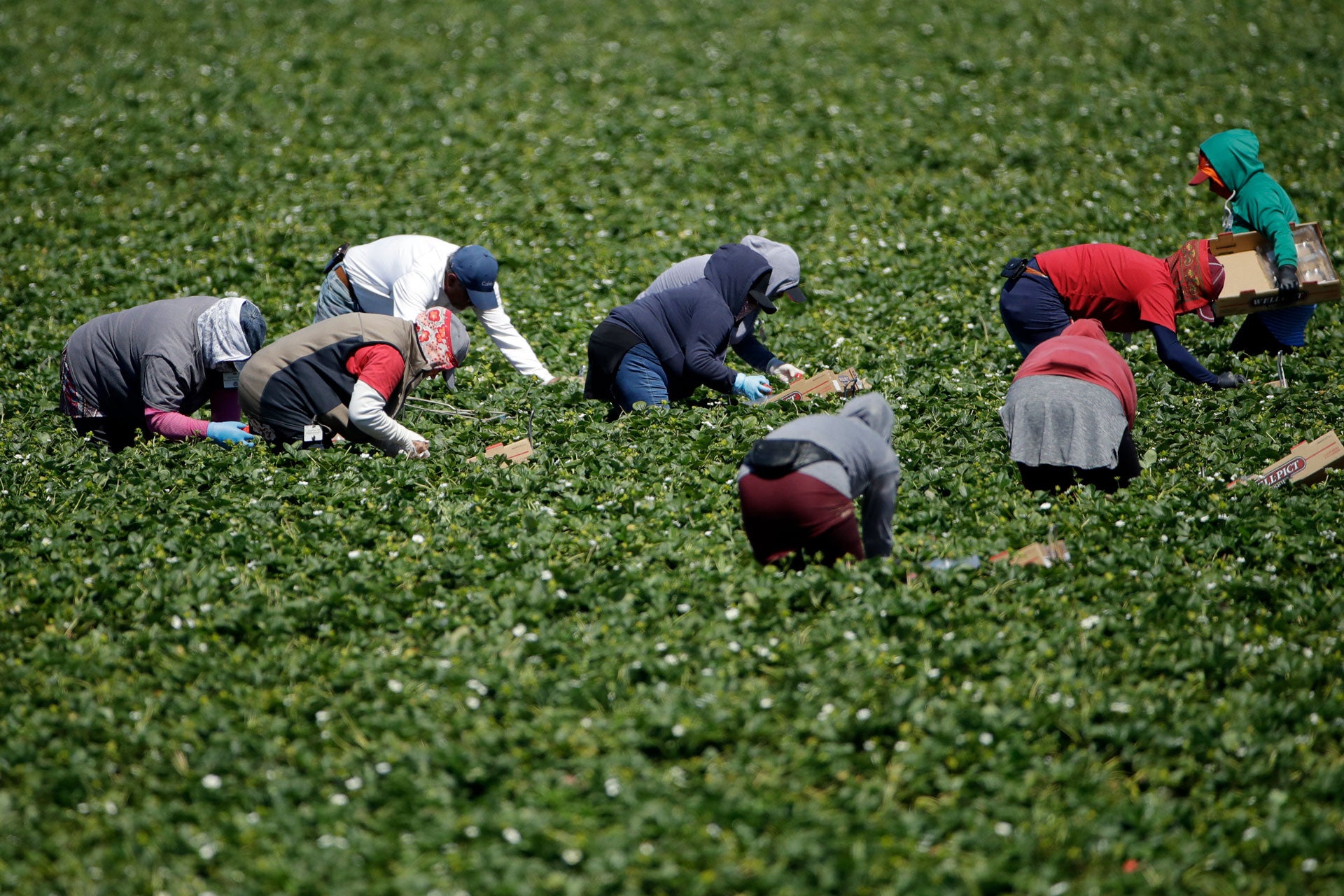Bad News for the US on World Prematurity Day
The nonprofit March of Dimes, which works to improve the health of mothers and babies in the United States, issued its “Annual Report Card” on Monday ahead of World Prematurity Day today.

It is the fifth year in a row the US has seen an increase in the rate of babies born before they are full-term, or 37 weeks, garnering the country an overall C- grade, down from last year’s C. Roughly 1 in every 10 babies in the US is now born too early increasing their chances of dying as infants and of lifelong health and behavior problems. Differences in the rates of pre-term births persist between states, and there are disturbing inequities between babies born to women of color versus white women. In Louisiana, for example, 16.4 percent of babies of Black women are born pre-term, compared to 10.7 percent of babies born to white women— a striking 55 percent difference. This is a human rights crisis that needs to be addressed with a focus on racial justice, which the reproductive justice movement has advocated for years. Additionally, there are links between hot days and premature births, an alarming problem in an increasingly warming world. How harmful is heat to healthy pregnant people and their babies? Public health research is building a clearer picture. One study published this year found the increased risk of prematurity “range(d) ... from 8.6 percent to 21.0 percent.” Two other studies “found an association of racial/ethnic disparity and heat exposure with an increasing risk of preterm birth; higher risk was found among black mothers.” Getting policymakers and the public to understand and care about how marginalization and racial injustice play out in birth outcomes in the US is already a huge endeavor. This relates to both pregnant people’s inequitable access to quality healthcare – or even any healthcare at all – as well as their daily experiences of structural racism. Policy makers should include environmental impacts in the analysis, including climate change. Inequality and racism are deeply woven into who is most exposed to toxins in air, soil and water, problems found more frequently in poorer neighborhoods and often where people of color live. Marginalized parts of cities are often also hotter, the hottest jobs are often low-wage work. Heat is a justice issue, and a reproductive justice problem too..
Read the full article at the original website
References:
- https://www.marchofdimes.org/giving/support-prematurity-awareness.aspx?&utm_source=google&utm_medium=cpc&utm_campaign=alwayson&utm_content=brand&DonationTrackingParam1=digital_paid&DonationTrackingParam2=alwayson_google&gclid=Cj0KCQiA48j9BRC-ARIsAMQu3WSg7iuBfMctqv75k-_RYssMJEME_2n1Hgg3lykJJuQkB9chMSmmKrQaAgbbEALw_wcB&gclsrc=aw.ds
- https://www.marchofdimes.org/materials/MOD2020_REPORT_CARD_and_POLICY_ACTIONS_BOOKLET.pdf
- https://www.marchofdimes.org/materials/MOD2019_REPORT_CARD_and_POLICY_ACTIONS_BOOKLETv72.pdf
- https://www.marchofdimes.org/mission/reportcard.aspx
- https://www.sistersong.net/reproductive-justice
- https://jamanetwork.com/journals/jamanetworkopen/fullarticle/2767260?utm_source=For_The_Media&utm_medium=referral&utm_campaign=ftm_links&utm_term=061820
- https://academic.oup.com/aje/article/183/10/894/1739797
- https://ehp.niehs.nih.gov/doi/10.1289/EHP945
- https://www.ncbi.nlm.nih.gov/pmc/articles/PMC4202969/
- https://journalistsresource.org/studies/environment/superfund-toxic-waste-race-research/
- https://www.nbcnews.com/news/latino/when-it-comes-access-clean-water-race-still-strongest-determinant-n1089606
